 Let’s dive into Judgement Silversword: Resurrection, developed by Qute and published by KOMODO. This PC port revives two Wonderswan Color classics: Judgement Silversword and Cardinal Sins. Notably, Steam users praise its razor-sharp scoring, fast tempo, and clear visuals. In fact, one reviewer even said it feels like a dream—not a five-dollar impulse buy. Initially, the only gripe was missing leaderboards at launch. However, KOMODO thankfully added them later. Personally, I love open-world secrets, and here the hidden credit unlocks feel like mini discoveries in a compact shmup world.
Let’s dive into Judgement Silversword: Resurrection, developed by Qute and published by KOMODO. This PC port revives two Wonderswan Color classics: Judgement Silversword and Cardinal Sins. Notably, Steam users praise its razor-sharp scoring, fast tempo, and clear visuals. In fact, one reviewer even said it feels like a dream—not a five-dollar impulse buy. Initially, the only gripe was missing leaderboards at launch. However, KOMODO thankfully added them later. Personally, I love open-world secrets, and here the hidden credit unlocks feel like mini discoveries in a compact shmup world.
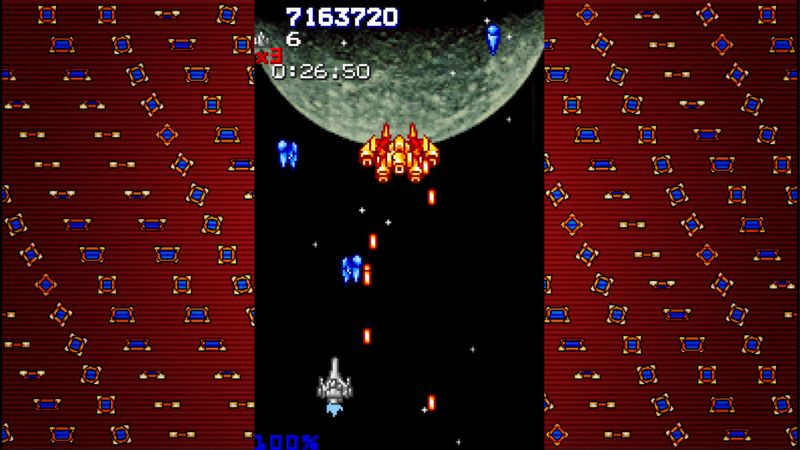
 On the achievements front, this package shines. Impressively, Qute’s port includes all original unlocks plus Steam achievements. Judgement Silversword hides extra credits behind point thresholds. Meanwhile, Cardinal Sins challenges you to S-rank seven stages based on the deadly sins—collect lives in Sloth, hoard data in Greed. As a result, each objective rewards a secret ending if you master them all. For completionists, those unlocks and leaderboards offer deep replay value. Interestingly, KOMODO often ports rare Japanese titles to Steam, and they nailed this one. Furthermore, the art stays faithful to the Wonderswan’s limited palette, and the bullets always pop against the background.
On the achievements front, this package shines. Impressively, Qute’s port includes all original unlocks plus Steam achievements. Judgement Silversword hides extra credits behind point thresholds. Meanwhile, Cardinal Sins challenges you to S-rank seven stages based on the deadly sins—collect lives in Sloth, hoard data in Greed. As a result, each objective rewards a secret ending if you master them all. For completionists, those unlocks and leaderboards offer deep replay value. Interestingly, KOMODO often ports rare Japanese titles to Steam, and they nailed this one. Furthermore, the art stays faithful to the Wonderswan’s limited palette, and the bullets always pop against the background.
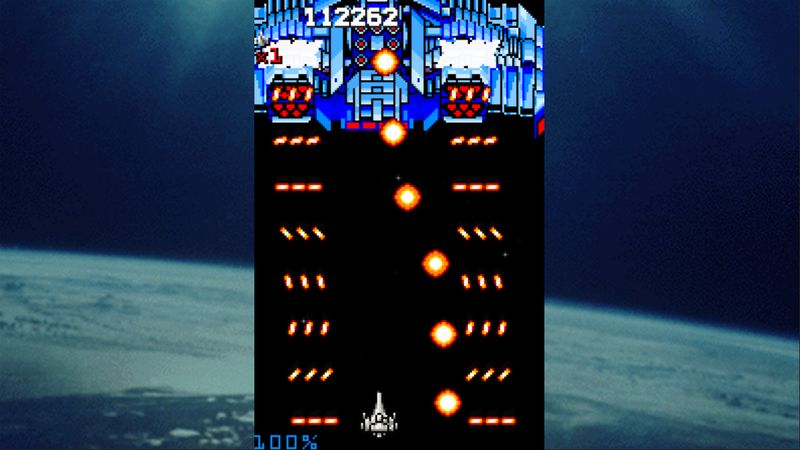
 Mechanics matter most for me. Thankfully, Judgement Silversword: Resurrection delivers with three weapons—laser, homing shots, and a shield that doubles as a melee attack. Moreover, you maintain a multiplier by destroying foes rapidly. On the flip side, drop the tempo and your score collapses. Then, Cardinal Sins flips the script with objectives tied to each sin, like avoiding Wrath’s boss bullet storms or outrunning Envy’s spawn rate. This variety pushes the shmup genre forward. Impressively, M-KAI designed the engine so your inputs respond instantly. It’s the same design that influenced Eschatos, another Qute title. As a result, you feel every frame.
Mechanics matter most for me. Thankfully, Judgement Silversword: Resurrection delivers with three weapons—laser, homing shots, and a shield that doubles as a melee attack. Moreover, you maintain a multiplier by destroying foes rapidly. On the flip side, drop the tempo and your score collapses. Then, Cardinal Sins flips the script with objectives tied to each sin, like avoiding Wrath’s boss bullet storms or outrunning Envy’s spawn rate. This variety pushes the shmup genre forward. Impressively, M-KAI designed the engine so your inputs respond instantly. It’s the same design that influenced Eschatos, another Qute title. As a result, you feel every frame.
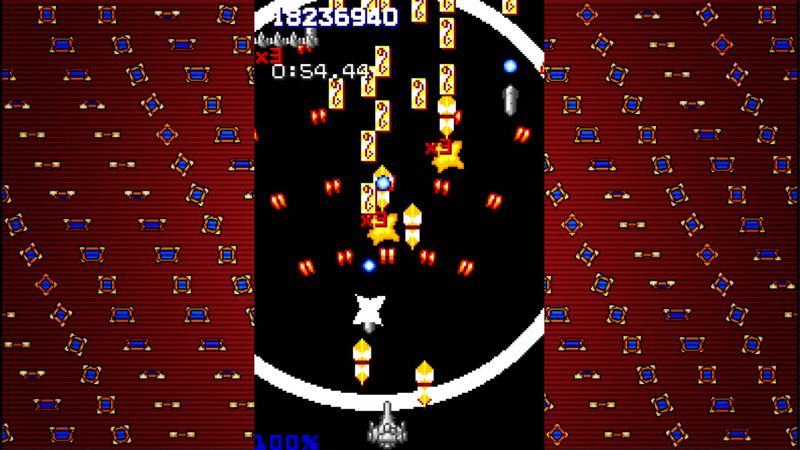
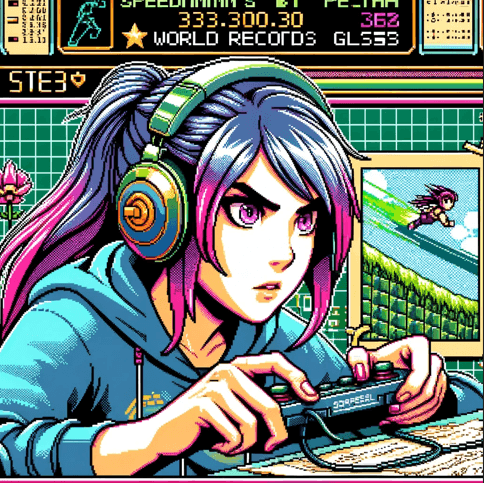 Challenge is king here. To start, Judgement Silversword: Resurrection’s no-credit mode forces you to earn extra continues with high scores. That ruthless tempo, in turn, rewards optimized paths and precise bombing. Similarly, Cardinal Sins demands S-ranks on all seven sin stages to face the final boss. Those time-attack style trials feel like mini speedruns. Through them, you learn route planning, weapon cooldowns, and risk management. While reviews note only one disorienting color-swap section in Cardinal Sins, speedrunners adapt fast. Ultimately, Qute’s original 2001 WonderWitch contest win proves they built a design primed for high-score chasers.
Challenge is king here. To start, Judgement Silversword: Resurrection’s no-credit mode forces you to earn extra continues with high scores. That ruthless tempo, in turn, rewards optimized paths and precise bombing. Similarly, Cardinal Sins demands S-ranks on all seven sin stages to face the final boss. Those time-attack style trials feel like mini speedruns. Through them, you learn route planning, weapon cooldowns, and risk management. While reviews note only one disorienting color-swap section in Cardinal Sins, speedrunners adapt fast. Ultimately, Qute’s original 2001 WonderWitch contest win proves they built a design primed for high-score chasers.
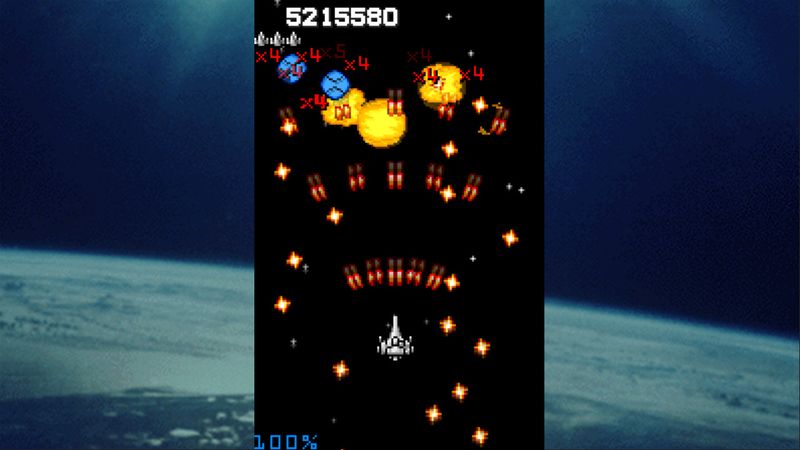
 In the end, Judgement Silversword: Resurrection stands as a masterclass in shmup (shoot ’em up) design. It delivers tight controls, challenging stages, and historical significance that appeals to both genre veterans and newcomers alike. Developed by Qute and expertly ported by KOMODO, this indie gem includes both the original Judgement Silversword and its thrilling companion, Cardinal Sins. Together, they offer sharp, replayable gameplay enriched by clever variations. Unlike many modern indie shmups, it’s defined by a purity of design and roots in the WonderWitch programming contest scene—giving it a lasting legacy edge.
In the end, Judgement Silversword: Resurrection stands as a masterclass in shmup (shoot ’em up) design. It delivers tight controls, challenging stages, and historical significance that appeals to both genre veterans and newcomers alike. Developed by Qute and expertly ported by KOMODO, this indie gem includes both the original Judgement Silversword and its thrilling companion, Cardinal Sins. Together, they offer sharp, replayable gameplay enriched by clever variations. Unlike many modern indie shmups, it’s defined by a purity of design and roots in the WonderWitch programming contest scene—giving it a lasting legacy edge.
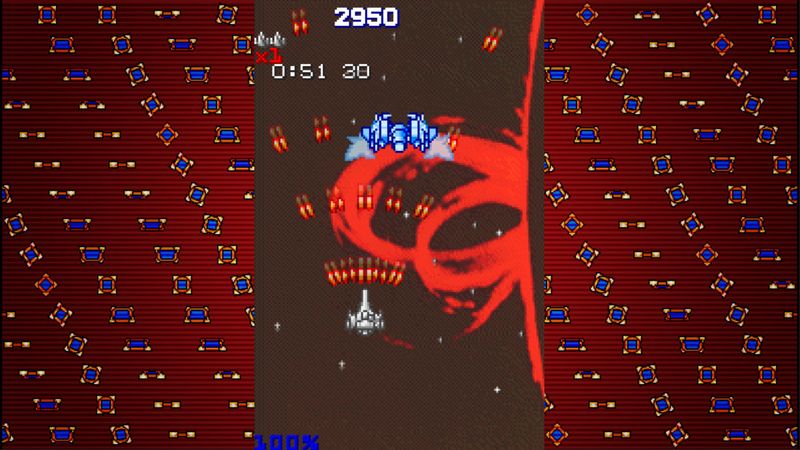
 Fans seeking similar adrenaline-fueled, mechanically rich experiences will love titles like Eschatos—Qute’s spiritual follow-up with sleek visuals and leaderboard competition; Radiant Silvergun—a deep, combo-driven classic from Treasure; Danmaku Unlimited 3—renowned for its hypnotic bullet patterns and fine-tuned controls; ZeroRanger—a narrative-infused bullet hell with multiple paths and an unforgettable soundtrack; and Ikaruga—the polarity-based precision masterpiece. All offer the scoring depth, responsiveness, and exhilaration that define Judgement Silversword at its finest.
Fans seeking similar adrenaline-fueled, mechanically rich experiences will love titles like Eschatos—Qute’s spiritual follow-up with sleek visuals and leaderboard competition; Radiant Silvergun—a deep, combo-driven classic from Treasure; Danmaku Unlimited 3—renowned for its hypnotic bullet patterns and fine-tuned controls; ZeroRanger—a narrative-infused bullet hell with multiple paths and an unforgettable soundtrack; and Ikaruga—the polarity-based precision masterpiece. All offer the scoring depth, responsiveness, and exhilaration that define Judgement Silversword at its finest.
Add Judgement Silversword: Resurrection to your games on Steam!

